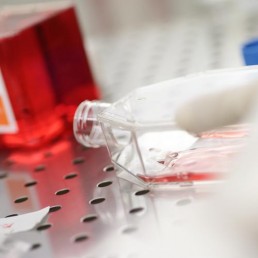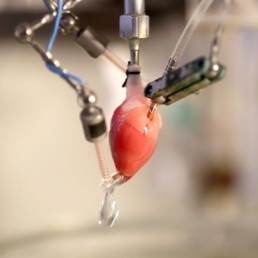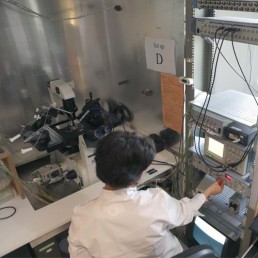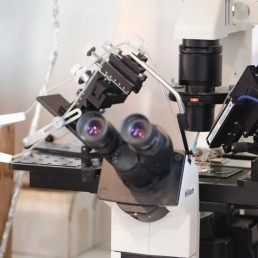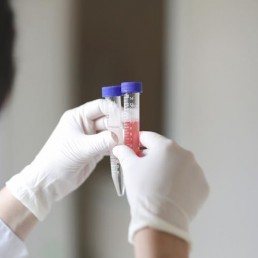
Cardiac telemetry assays for preclinical drug studies
The ICH S7B guideline requires the use of the most appropriate in vivo species to assess the potential of a test substance to delay ventricular repolarization (QT interval prolongation). A telemetry study offers the ability to measure cardiovascular and other activities in conscious animals in a controlled environment.
Cardiac telemetry assays
In order to preserve animal welfare, all aspects of the telemetry study are performed in compliance with EU Directive 2010/63. Over the years, PhysioStim has established preferential and strong partnerships with top-level companies in order to complete your preclinical safety study with this specific area of expertise.
What is shown
Administered drugs may be evaluated for potential adverse effects on both electrophysiological and haemodynamic functions.
Technique
- Telemetry
Study model
- Guinea-pig, rat, dog, mini-pig, pig, monkey
Measured parameters
- Arterial blood pressure (mmHg)
- Heart rate (beats/min)
- PR, QRS, RR, QT and QTc intervals (ms)
- Electrophysiological and haemodynamic parameters
Protocol
- Surgery under anaesthesia
- Implantation of a telemetric radiotransmitter for measurements of arterial blood pressure, temperature and ECG
- Analgesia and antibiotics
- At least 10 days of recovery
- Vehicle and drug are administered to the animals
- Continuous recording of blood pressure, heart rate and ECG for long-term period
